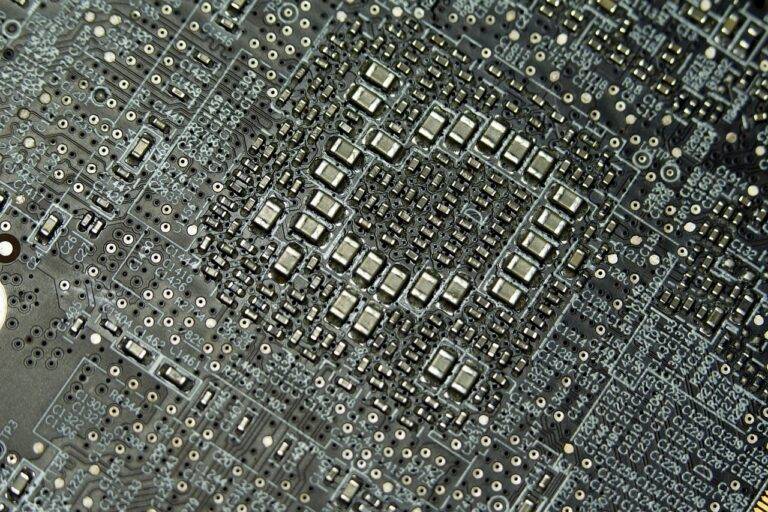Tech and Smart Agriculture: Innovations and Solutions
A significant challenge faced by the agriculture industry is the increasing unpredictability of weather patterns. Farmers are finding it harder to plan their planting and harvesting schedules due to unexpected changes in weather conditions, such as droughts, floods, and extreme temperatures. These uncertainties not only impact crop yields but also the overall financial stability of farmers, making it difficult for them to forecast and manage their incomes effectively.
Another challenge that the agriculture industry grapples with is the issue of declining soil quality. Continuous monocropping, excessive use of chemical fertilizers, and poor irrigation practices have led to soil degradation in many farming areas. This degradation not only reduces crop yields but also contributes to environmental problems such as soil erosion and water pollution. Farmers are increasingly facing the task of restoring and maintaining the health of their soils to ensure sustainable agricultural production in the long term.
Impact of Technology on Farming Practices
Advancements in technology have significantly transformed farming practices in recent years. Automation systems, such as GPS-guided tractors and drones, have streamlined various tasks, increasing efficiency and precision in farming operations. These technological tools allow farmers to make data-driven decisions, resulting in improved productivity and reduced wastage.
Moreover, the integration of Internet of Things (IoT) devices in agriculture has provided farmers with real-time monitoring capabilities for various aspects of their operations. Sensors embedded in fields can collect data on soil moisture levels, temperature, and crop health, enabling farmers to proactively address issues and optimize resource usage. As a result, the use of technology in farming practices has not only enhanced productivity but also contributed to sustainable practices in the agriculture industry.
What are some of the challenges faced by the agriculture industry?
Some of the challenges faced by the agriculture industry include climate change, limited natural resources, pest and disease management, and increasing demand for food production.
How has technology impacted farming practices?
Technology has revolutionized farming practices by improving efficiency, increasing productivity, reducing labor requirements, and enabling precision agriculture techniques.
What are some examples of technology used in modern farming?
Some examples of technology used in modern farming include GPS-guided tractors, drones for crop monitoring, sensors for soil health analysis, and automated irrigation systems.
How has technology helped in overcoming challenges in the agriculture industry?
Technology has helped in overcoming challenges in the agriculture industry by providing solutions for pest control, optimizing water usage, improving crop yields, and enabling real-time monitoring of farm operations.
What are the future trends in technology for farming practices?
Future trends in technology for farming practices include the adoption of artificial intelligence, robotics, blockchain for supply chain management, and gene editing for crop improvement.





